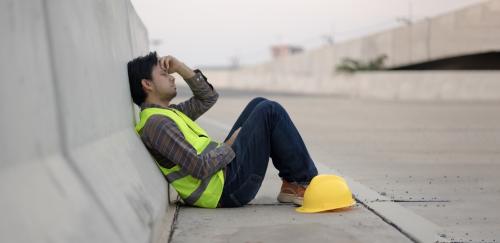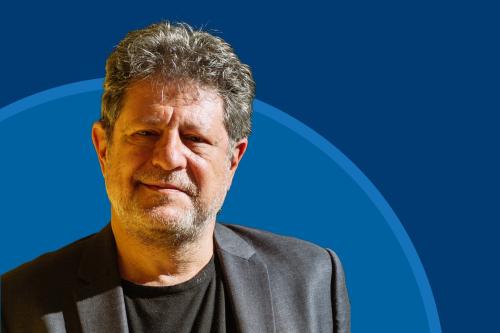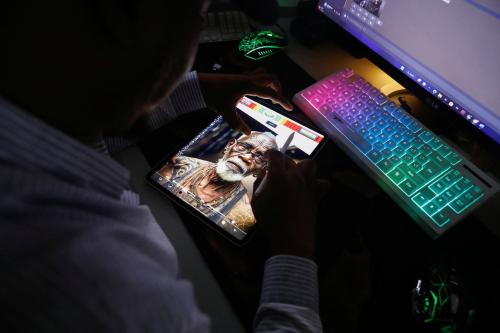

2:30 pm EDT - 3:30 pm EDT
Past Event
Prisons, jails, and their surrounding communities have become national hotspots for COVID-19 spread. There is an immediate need to address this crisis and prevent further outbreaks by limiting the number of people in pre-trial detention and releasing non-violent offenders and others who pose a low risk to society.
Though some states and jurisdictions have begun the process of reducing overcrowding, the lockdown and economic fallout from COVID-19 has made it even harder for those who are released from incarceration to succeed in making a successful transition back into society. A key part of that transition is getting a job, which is the most effective way to reduce recidivism and to give formerly incarcerated people a fair chance at earning a self-sustaining income. However, the pandemic has dramatically limited employment options and poses extreme safety risks for those who find employment in the essential workforce.
On June 5, the Governance Studies and Metropolitan Policy programs at Brookings cohosted a conversation about fair chance hiring in a post-COVID-19 environment. We heard first-hand what it’s like to search for a job after being incarcerated, including discussion on the barriers that already existed pre-COVID. Employers also discussed their efforts to improve job accessibility through equitable staffing processes and lessons that have been learned. We concluded with a conversation about how coronavirus has changed the labor market for returning citizens over the past three months, and solutions that are necessary to support them more during this exceptionally difficult time.
Moderator

Panelist


Clifford Winston
November 22, 2024

Esther Lee Rosen, Eduardo Levy Yeyati
November 21, 2024

Chinasa T. Okolo, Marie Tano
October 24, 2024